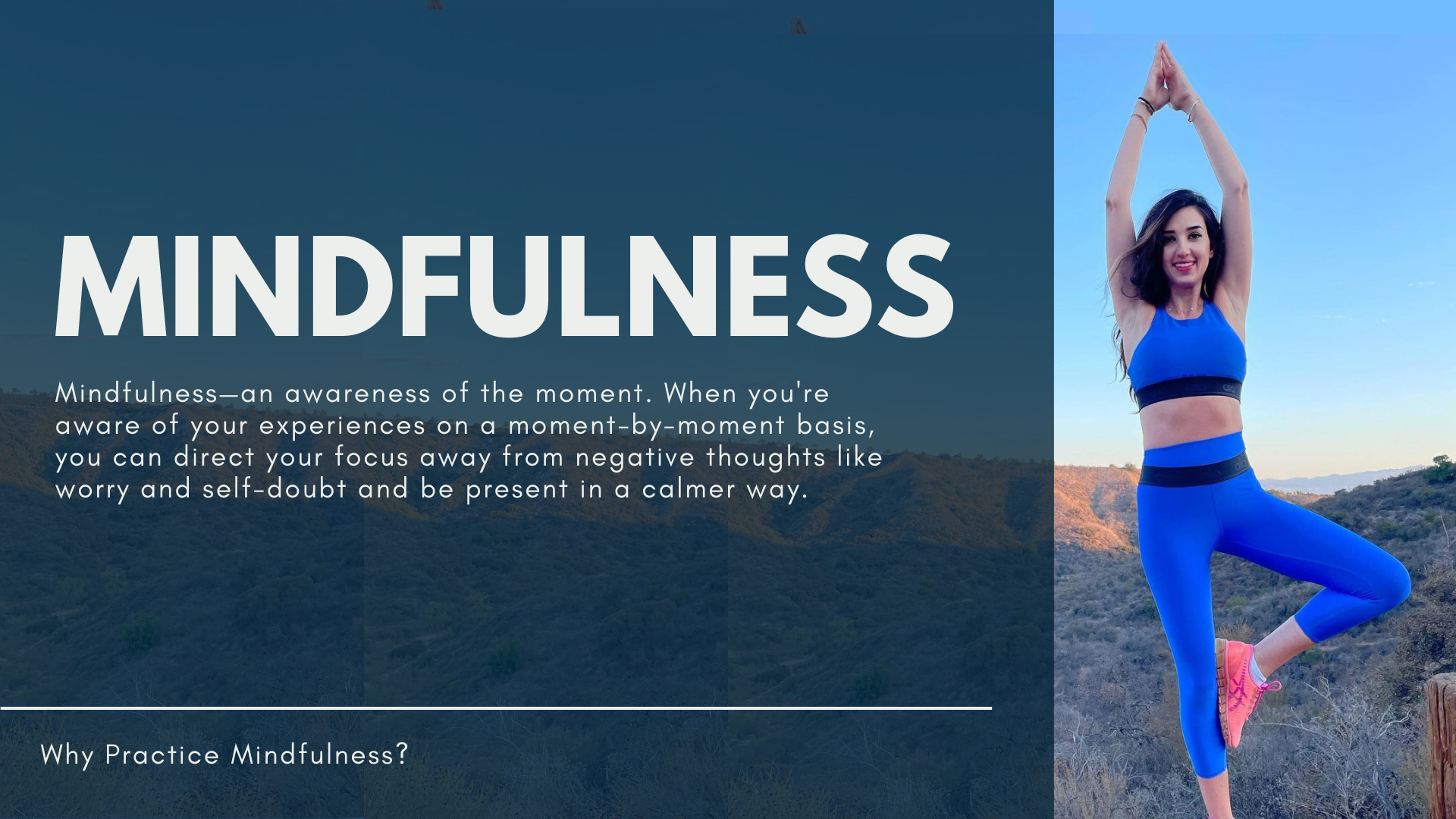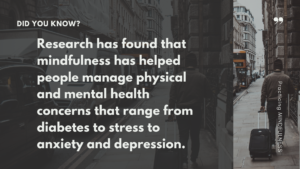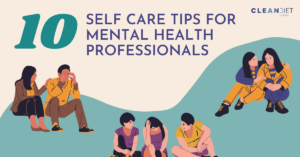Mindfulness is a practice that has been around for thousands of years. It’s the act of living in the present moment, not dwelling on thoughts about past events or future uncertainties. This can be done through meditation and yoga, but it can also be done by noticing your surroundings during everyday activities like washing dishes, taking walks outside, or doing housework.
As mindfulness becomes more popular with today’s society many people are finding it to be an effective way to reduce stress and anxiety as well as improve their quality of life. You may find out that you will enjoy these benefits too!
Mindfulness—an awareness of the moment—can help you in many areas of life. When you’re aware of your experiences on a moment-by-moment basis, you can direct your focus away from negative thoughts like worry and self-doubt and be present in a calmer way.
The Science Behind Mindfulness
Over the past several decades, studies have found that mindfulness has a variety of physical and mental health benefits, including helping you sleep better, improving well-being, even helping ease chronic pain.
Research has also found that participants in mindfulness courses showed changes in the amygdala—a part of the brain that affects fear, stress, and anxiety—which correlated with lower stress levels.

How Can Mindfulness Help You?
You can have more satisfying relationships.
Several studies have found the ability to be mindful can predict satisfaction in relationships, perhaps because greater self-awareness helps people communicate thoughts or feelings to others.
You can stop smoking or overcome other addictions.
The craving for cigarettes significantly decreased for people with an average age of 21 who took part in a study of mindfulness meditation published in the Proceedings of the National Academy of Sciences.
You can manage a good healthy condition.
Doctors may recommend mindfulness meditation, along with other treatments, for health concerns including diabetes, chronic pain, eating disorders, and some types of heart disease.
Helps manage feelings of stress and anxiety.
Therapists sometimes use mindfulness in combination with other treatments to help people cope with unwanted thoughts that interfere with work, relationships, or the ability to enjoy life.
Don’t worry about whether you’re doing it correctly or if you’re improving your mindfulness skills.
Instead, concentrate solely on one thing:
Take a deep breath.
Allow any background noise to dissipate and drift into the atmosphere, allowing your mind to detangle from any tension, worry, or troubles you may be experiencing that day.
The other point is that mindfulness is a state of consciousness that never ends.
It’s not as if it begins when you sit down to meditate and ends when you’ve finished.
In reality, it’s far from it!
You can practice mindfulness at any time when you’re awake:
- When you’re trapped in traffic, you can practice being attentive of not reacting to the stress of being stuck in traffic.\
- Even if your coworkers aren’t acting in the way you’d like, you may practice being mindfully compassionate when you speak with them.
- You may even practice counting your steps while walking to work in the morning.
As you can see, no matter what you’re doing, there’s always a way to incorporate mindfulness into it.







